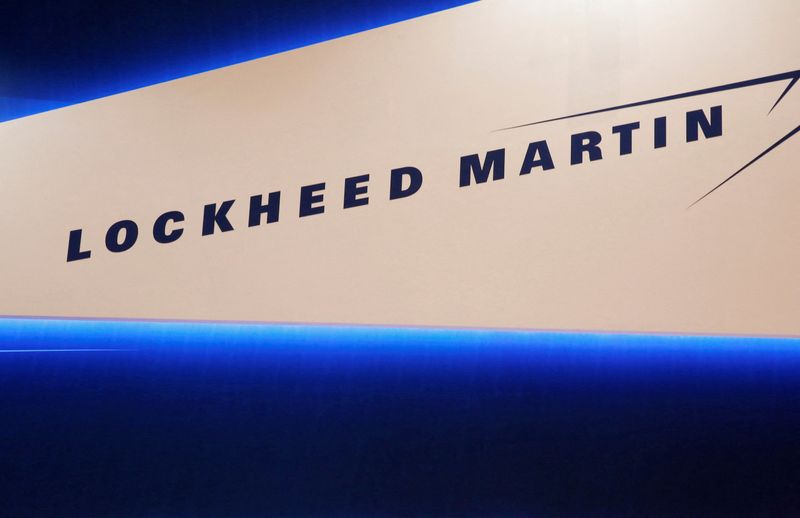By Mike Stone
(Reuters) -Lockheed Martin has won a $17 billion contract to develop the next generation of interceptors to defend the United States against an intercontinental ballistic missile attack, the U.S. Missile Defense Agency said on Monday.
The interceptor program is aimed at defeating current ballistic missile threats and future technological advances from countries such as North Korea and Iran.
The win represents a shot in the arm for Lockheed after the United States said it wanted to reduce F-35 orders, and the Army in February abandoned development of a Future Attack Reconnaissance Aircraft, a next-generation helicopter for which Lockheed had submitted a design.
The multi-year missile contract covers the development of the Next Generation Interceptor (NGI) to modernize the Ground-Based Midcourse Defense (GMD) program. The network of radars, interceptors and other equipment is designed to protect the United States from intercontinental ballistic missiles.
Lockheed shares closed up 0.60% at $462.08 on Monday.
Lockheed is "committed to delivering reliable interceptors," said Sarah Hiza, general manager of Strategic and Missile Defense.
The first interceptor is expected to be operational in 2028.
The NGI is currently in the technology development phase and will transition to product development in May, according to written testimony last week from the head of the Missile Defense Agency, Lieutenant General Heath Collins. The United States plans to buy 20 interceptors and deploy them at Fort Greely, Alaska.
Collins had said the agency would select either Lockheed or Northrop Grumman (NYSE:NOC) for the program. The companies were awarded separate contracts in 2021 to develop designs.
In 2019, the Pentagon scrapped work on a Boeing (NYSE:BA) Co contract for a "kill vehicle," the tip of an interceptor that detaches in space and destroys the incoming warhead, due to technical design problems after spending $1.2 billion on the project.
The United States then decided to restart the contract process to gather bids for the whole interceptor. Boeing was knocked out of the competition in 2021.
The next-generation interceptor program will be worth about $17.7 billion over its lifetime, according to government estimates.
The Biden administration has requested $28.4 billion for missile defenses in its fiscal 2025 budget, Collins testified.
Work on GMD began in the late 1990s and after about $40 billion in research and development costs, it was declared operational in 2004.
Just over half of the system's interception tests have been successful, however, and the Pentagon's Office of the Director, Operational Test and Evaluation, said in 2023 that GMD could defend against "a small number of ballistic missile threats."
In January, Lockheed forecast its 2024 profit below Wall Street expectations, as the defense contractor's largest aeronautics segment - which makes the F-35 jets - faces supply-chain snags.

Reuters has reported that Lockheed would cut 1% of its jobs over the course of 2024 in a bid to cut costs and streamline operations.
U.S. defense giants have benefited from robust demand for weapons amid heightened geopolitical tensions over the last two years. Sales of U.S. military equipment to foreign governments in 2023 rose 16% to a record $238 billion.